Camping is an age-old adventure that connects us with nature and allows us to escape the hustle and bustle of everyday life. Whether you’re a seasoned outdoor enthusiast or a beginner looking to embark on your first camping trip, there’s always room to learn and improve your skills.
Choosing the Right Campsite
The first step in planning a successful camping trip is selecting a suitable campsite. Here are some factors to consider:
- Location: Decide whether you want to camp in a public campground, a national park, a remote wilderness area, or a private campsite. Each location offers a unique experience.
- Accessibility: Consider the ease of access to your chosen campsite. If you’re new to camping, it’s often best to start with sites easily accessible by car.
- Amenities: Determine what amenities you need at your campsite. Some campgrounds offer running water, restrooms, and showers, while others are more primitive. You should also considering getting a solar.
- Activities: Think about the activities you want to do while camping. If you enjoy hiking, make sure there are trails nearby. If you’re into fishing, choose a site near a lake or river.
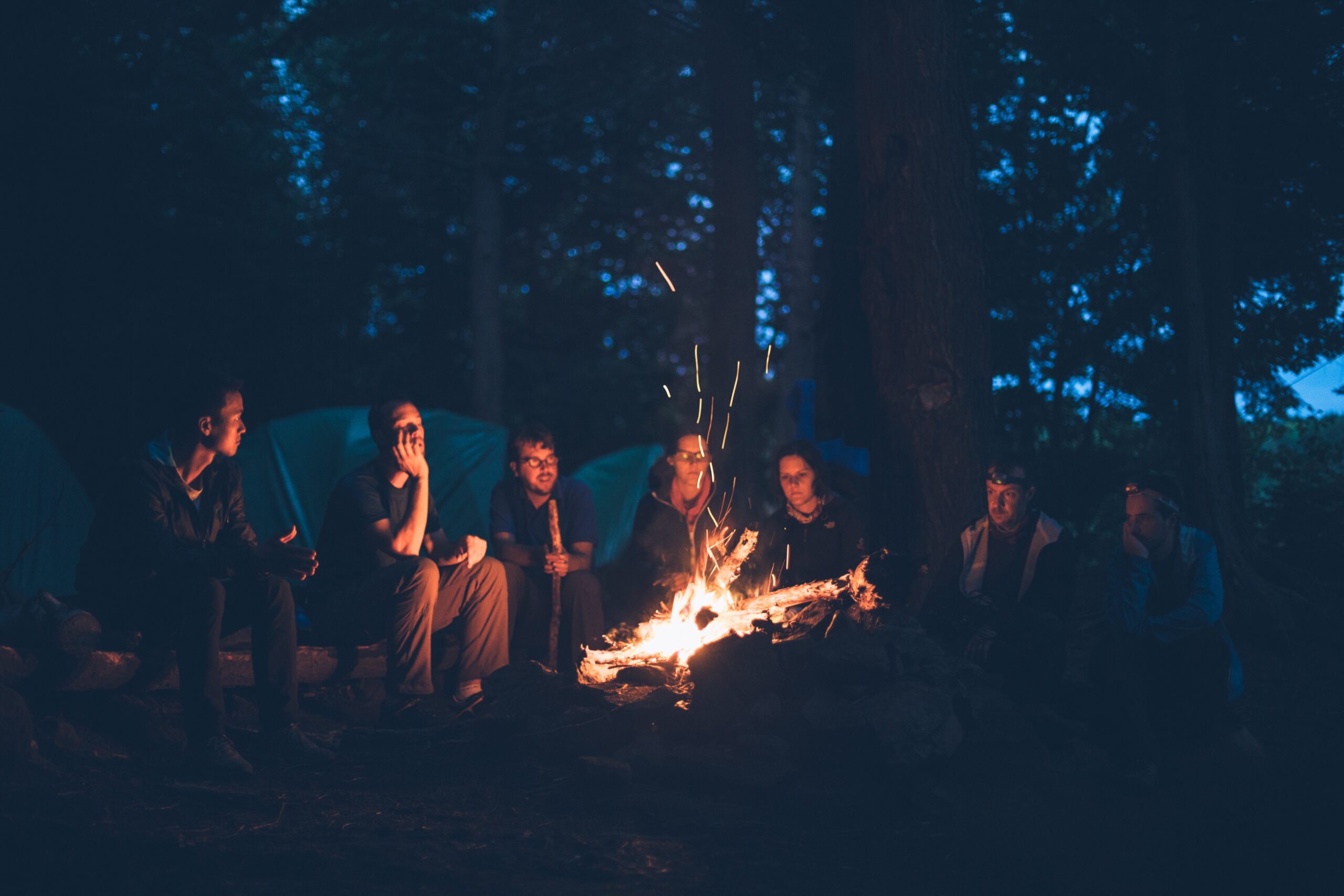
Essential Camping Gear
Packing the right gear is crucial for a successful camping trip. Here’s a list of essential items to consider:
- Tent: Choose a tent that suits your group size and the expected weather conditions. Make sure you practice setting it up before your trip.
- Sleeping Bag and Pad: Invest in a good-quality sleeping bag and pad to stay warm and comfortable at night.
- Cooking Equipment: Pack a portable stove, cookware, utensils, and fuel for cooking meals. Remember to bring food that’s easy to prepare and store.
- Clothing: Dress in layers to adapt to changing weather conditions. Bring moisture-wicking clothing, a rain jacket, and warm layers for cold nights.
- First Aid Kit: Always have a well-stocked first aid kit on hand for minor injuries and emergencies.
- Navigation Tools: Carry a map, compass, or GPS device to help you navigate the wilderness.
- Illumination: Bring a headlamp or flashlight with extra batteries for nighttime activities.
- Firestarter: Pack waterproof matches or a lighter for starting campfires.
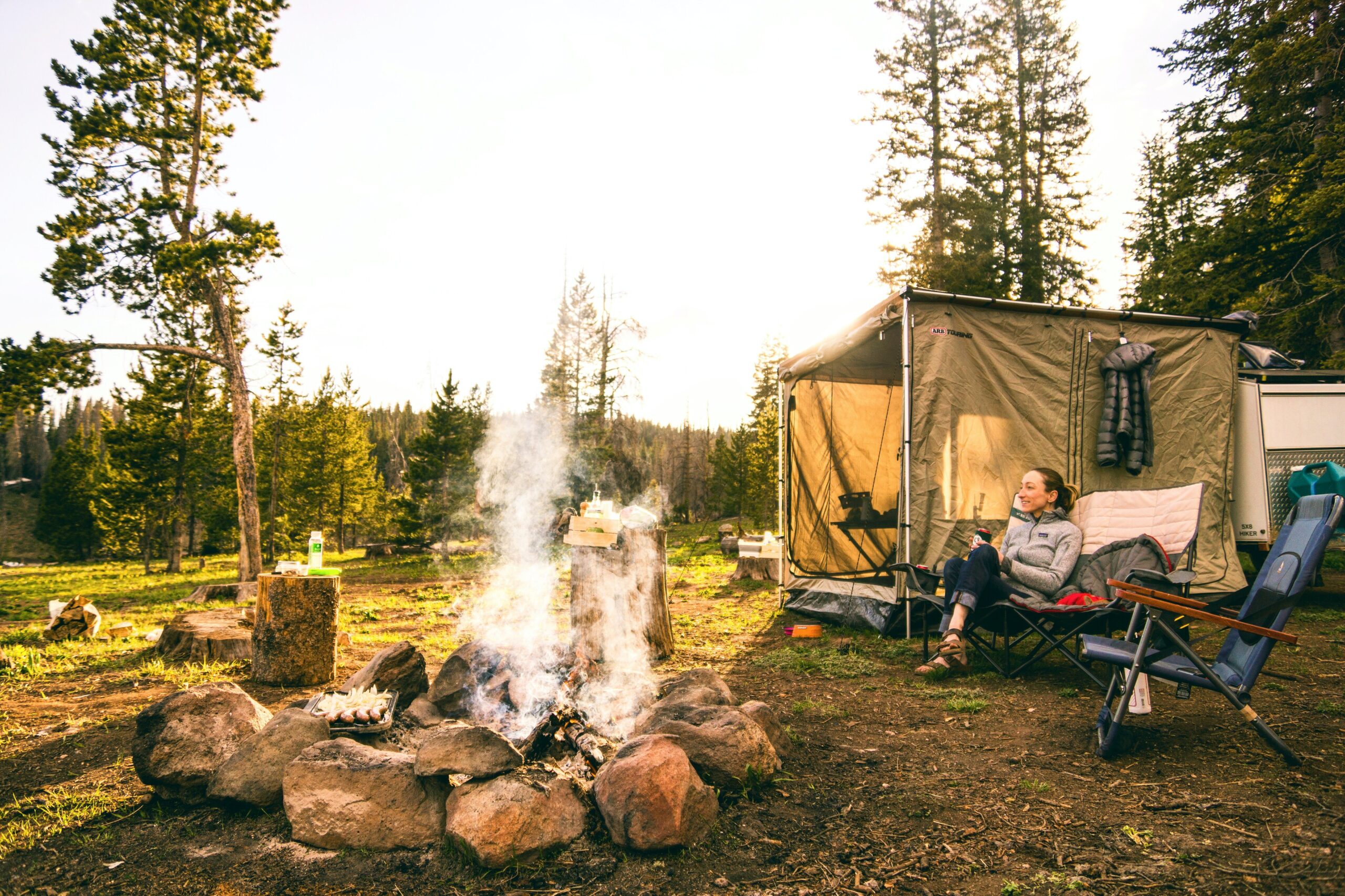
Food and Water
Proper nutrition and hydration are essential for a successful camping trip. Here’s how to manage your food and water:
- Meal Planning: Plan your meals and pack non-perishable foods like canned goods, dehydrated meals, and energy bars. Remember snacks!
- Food Storage: Store your food in airtight or bear-resistant containers to prevent wildlife encounters.
- Water: Bring an ample water supply or know how to purify natural water sources using water filters or tablets.
- Cooking: Use a camp stove or a campfire for cooking. Be mindful of fire regulations and follow Leave No Trace principles.

Leave No Trace
Camping responsibly means leaving no trace of your presence in the wilderness. Follow these Leave No Trace principles:
- Plan: Research the rules and regulations of your chosen campsite and obtain any necessary permits.
- Dispose of Waste Properly: Use designated restroom facilities or dig a small cat hole for waste disposal. Pack out all trash, including food scraps.
- Minimize Campfire Impact: Use established fire rings or bring a portable camp stove for cooking. Keep fires small and burn only small sticks and twigs.
- Respect Wildlife: Observe animals from a distance and do not feed them. Store food securely to avoid attracting wildlife to your campsite.
- Stay on Established Trails: Stick to designated trails to prevent soil erosion and damage to fragile ecosystems.

Safety and Emergency Preparedness
Safety should be a top priority when camping. Here are some safety tips:
- Share Your Itinerary: Before leaving for your camping trip, inform someone you trust about your plans, including your campsite and expected return date.
- Weather Awareness: Stay informed about the weather forecast for your camping area. Be prepared for sudden changes in weather conditions.
- Wildlife Safety: Learn about the wildlife in the area and how to coexist with them safely. Keep food stored away from your sleeping area.
- Emergency Communication: Carry a charged cell phone, satellite phone, or personal locator beacon in emergencies.
- Basic First Aid: Before your trip, take an introductory first aid course and carry a kit with essentials like bandages, antiseptics, and pain relievers.
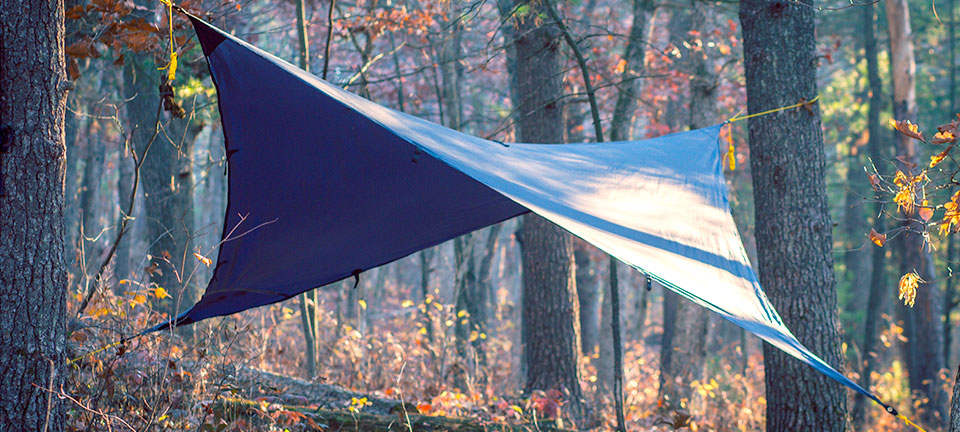
Campfire Tips and Cooking Hacks
A campfire can be a highlight of any camping trip. Here are some campfire tips and cooking hacks:
- Campfire Safety: Build fires in designated fire rings or use a portable fire pit. Keep a bucket of water and a shovel nearby for safety.
- Campfire Cooking: Try cooking over the campfire with tools like pie irons and foil packets. Roasting marshmallows for s’mores is a classic camping treat.
- Dutch Oven Cooking: Invest in a Dutch oven for versatile campfire cooking, from stews to desserts.
- Leave No Trace: Burn only small sticks and twigs you find on the ground, and fully extinguish the fire before leaving.
Enjoying Nature
Camping is not just about survival but immersing yourself in the natural world. Here’s how to enhance your outdoor experience:
- Disconnect: Embrace the opportunity to disconnect from technology and immerse yourself in the sights and sounds of nature.
- Observation: Take time to observe the wildlife, plants, and natural beauty around you. Bring binoculars or a field guide for identification.
- Stargazing: If you’re camping in a remote area, take advantage of the clear night skies for stargazing. Bring a telescope or lay back and enjoy the view.
- Hiking and Exploring: Explore the area through hikes and nature walks. Take a map and compass, and let your curiosity guide you.
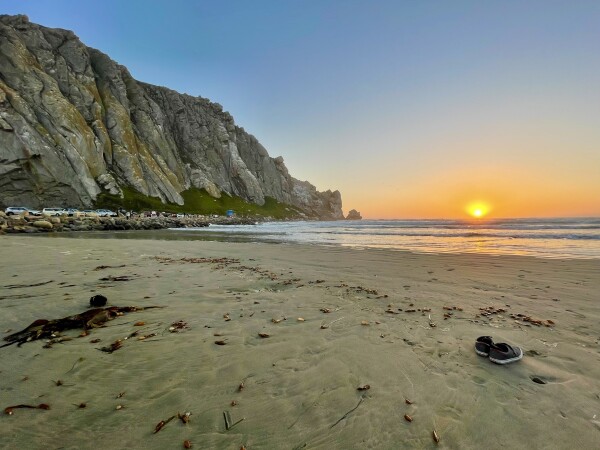
Wildlife Encounters and Safety
Camping often brings us near wildlife, which can be an exciting and memorable part of the outdoor experience. However, it’s essential to know how to handle wildlife encounters safely:
- Research Local Wildlife: Before your camping trip, research the specific wildlife species in the area you plan to visit. Understanding their behaviors and habits can help you prepare for encounters.
- Keep a Safe Distance: When encountering wildlife, keep a safe distance and observe from afar. Binoculars or a zoom lens for your camera can help you get a closer look without disturbing the animals.
Conclusion
Camping is a rewarding experience that allows us to connect with nature, unwind, and create lasting memories. By following these tips and tricks, you can ensure a successful camping trip that is safe, enjoyable, and respectful of the environment. Whether you’re a novice camper or an experienced outdoors enthusiast, the key is to plan, be prepared, and savor the beauty of the great outdoors. So, pack your gear, choose a campsite, and confidently embark on your next camping adventure. Happy camping!

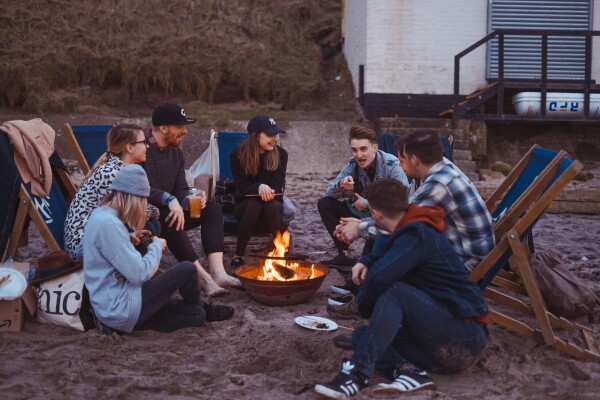


Leave a Comment